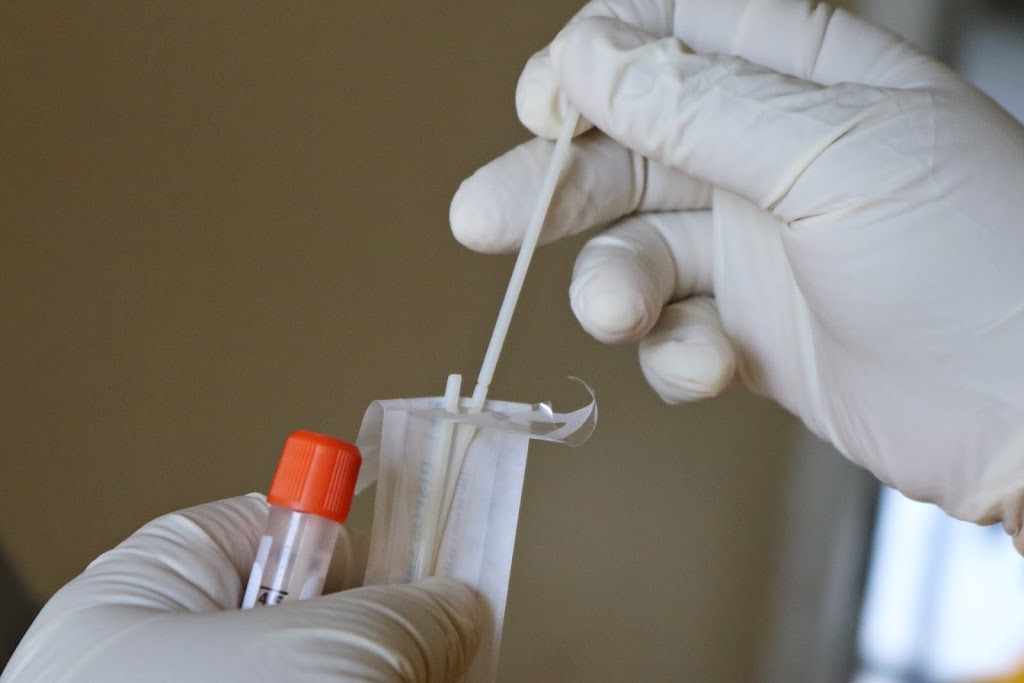As the world continues to get themselves used to the post COVID-19 life, there is growing talk about the need for booster shots to provide long-lasting immunity against the virus.
It may seem that the worst of the pandemic is behind us, the reality is that we are not yet out of the woods. While some countries are declaring the end of the COVID emergency, infections are still spreading, and new variants are emerging.
The global vaccination efforts have helped to reduce the number of hospitalizations and deaths, but it is still unclear how long the immunity provided by the vaccines will last.
This is where booster shots come in. A booster dose of a vaccine is designed to provide a “boost” to the immune system, reinforcing the protection provided by the initial doses. By doing so, booster shots extend the duration of immunity against a disease.
How do booster shots work?
Booster shots work by providing a reminder to the immune system, helping it to recognize and fight off the virus more effectively.
When the immune system is exposed to the vaccine, the body produces antibodies and other immune cells that provide protection against the virus. Over time, however, this protective shield can weaken, leaving the individual vulnerable to infection.
Source : mufid majnun/unsplash
Boosters work by introducing another dose of the vaccine , which triggers the immune system to produce a fresh batch of protective cells. This helps to increase the level of immunity against the virus and prolong the protection provided by the initial doses of the vaccine.
This is especially important given the emergence of new variants of the virus that may be more transmissible or more resistant to the vaccines.
Ultimately, the decision to administer booster shots will depend on a range of factors, including the level of immunity provided by the initial doses of the vaccine, the risk of infection and transmission, and the availability of vaccines. As the world continues to battle the infectious diseases, it is crucial that we continue to prioritize vaccination efforts and work to ensure that everyone has access to the protection they need to stay safe and healthy.
One vaccine that gives lifetime immunity
Some experts argue that booster shots are necessary to maintain immunity and protect against new variants of the virus. Others believe that the focus should be on increasing vaccination rates in underserved communities and developing new vaccines that are effective against a wider range of variants.
Source : fusion medical – unsplash
Researchers are exploring new vaccine technologies, such as mRNA vaccines, which have been used in the current COVID-19 vaccines. These vaccines work by introducing a small piece of the virus’s genetic material into the body, which then prompts the immune system to produce antibodies to fight the virus.
[Another promising approach is the use of viral vectors, which are viruses that have been modified to carry a piece of the COVID-19 virus’s genetic material. Viral vectors and mRNA vaccines are both innovative approaches to vaccination, but they differ in their mechanisms. Viral vectors use a harmless virus to deliver a modified genetic material into cells, stimulating an immune response. mRNA vaccines, on the other hand, use synthetic messenger RNA to instruct cells to produce a specific protein, triggering an immune response].
While viral vectors rely on a viral carrier, mRNA vaccines directly provide the instructions for protein production, offering a flexible and adaptable platform for vaccine development.
These vaccines are designed to produce a strong and long-lasting immune response, potentially providing lifetime immunity.
COVID-19 vaccines provide long-lasting immunity through the activation of the immune system’s memory response. When a person receives a COVID-19 vaccine, it stimulates the production of antibodies and activates T cells, which are key components of the immune system. These immune cells “remember” the virus and mount a rapid and robust response if the person is exposed to the virus again in the future, providing protection against reinfection or severe disease.
The technology used in COVID-19 vaccines, particularly mRNA vaccines developed byPfizer-BioNTech and Moderna, and the preliminary studies have been promising. mRNA technology has been extensively studied and used in clinical trials for various viral infections, including influenza, Zika virus, and rabies. Moreover, viral vector-based vaccines, such as the Oxford-AstraZeneca and Johnson & Johnson vaccines, have been successfully used against diseases like Ebola and Zika.
These vaccines have demonstrated efficacy and the ability to induce long-lasting immune responses, offering hope for the development of effective vaccines against a wide range of infectious diseases.
Research on vaccines that provide lifetime immunity is still in its infancy. However, if realized, it could be a game-changer in the fight against infectious diseases such as COVID-19. Such a vaccine could reduce the need for booster shots and provide long-term protection against new variants of the virus.
In conclusion, the debate on COVID-19 boosters and the need for a vaccine that provides lifetime immunity is complex and ongoing. While some experts believe that boosters are necessary to maintain immunity, others are focusing on developing new vaccines that could provide long-lasting protection against the virus. Further scientific studies may help identify the appropriate vaccination strategy against infectious diseases like COVID-19.
One potential solution to the booster debate is the development of a vaccine that provides lifetime immunity. While this may sound like a lofty goal, scientists are already working on developing such a vaccine.




